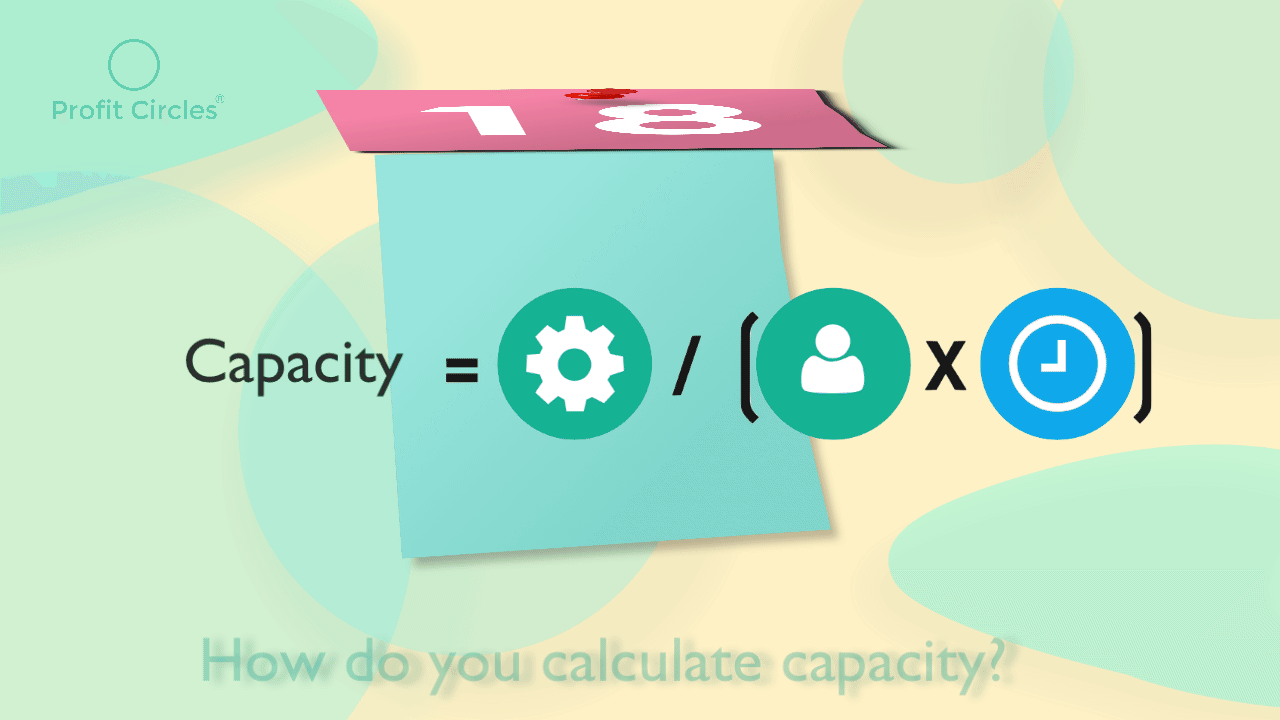QUESTION OF THE DAY
HOW DO YOU CALCULATE CAPACITY?
Capacity = Work / (Resources x Time)
You can then plan realistically according to the time and capacity that you have available.
Think of capacity as a volume of work that can be accomplished in a given time by available resources. Make frequent capacity checks against the work you plan to do. If you do not have enough capacity, you have failed before you start—there are laws of physics you cannot beat.
Looking at the formula above - how do you plan, monitor, and manage capacity?
Do you ask yourself a question: How much time do things take? Think about the whole company’s work capacity. Do you know how much time things take and how much time is allocated to individual tasks?
Resources without known capacity create an imbalance between available skills and business needs, preventing you from reaching your final objectives.
The more you are aware of the dependencies and necessary timing for work, the better you can judge the chances of achieving your goals. Understanding your capacity will result in fewer surprises and more predictive work. You will avoid delays and rework (and the associated costs), and your work will be done on time and in the right sequence.
Measure and control your progress frequently. There are 1,440 minutes in a day—make sure you make the most of them.
Take care of the wellbeing of your people. They will take care of well being of your business.
Our Solution shows every employee's capacity and workload in real-time. You see the risk of burnout and the ability to finish work on time.
Success is never solely down to creative ideas or unique products or services. The difference between success and failure is actually down to the fundamentals of how you operationalize your business. Check our guide to the best operational and transformation practices, that people love.
THE SECRETS OF RUNNING BUSINESS WITH EASE
MORE TIPS?







